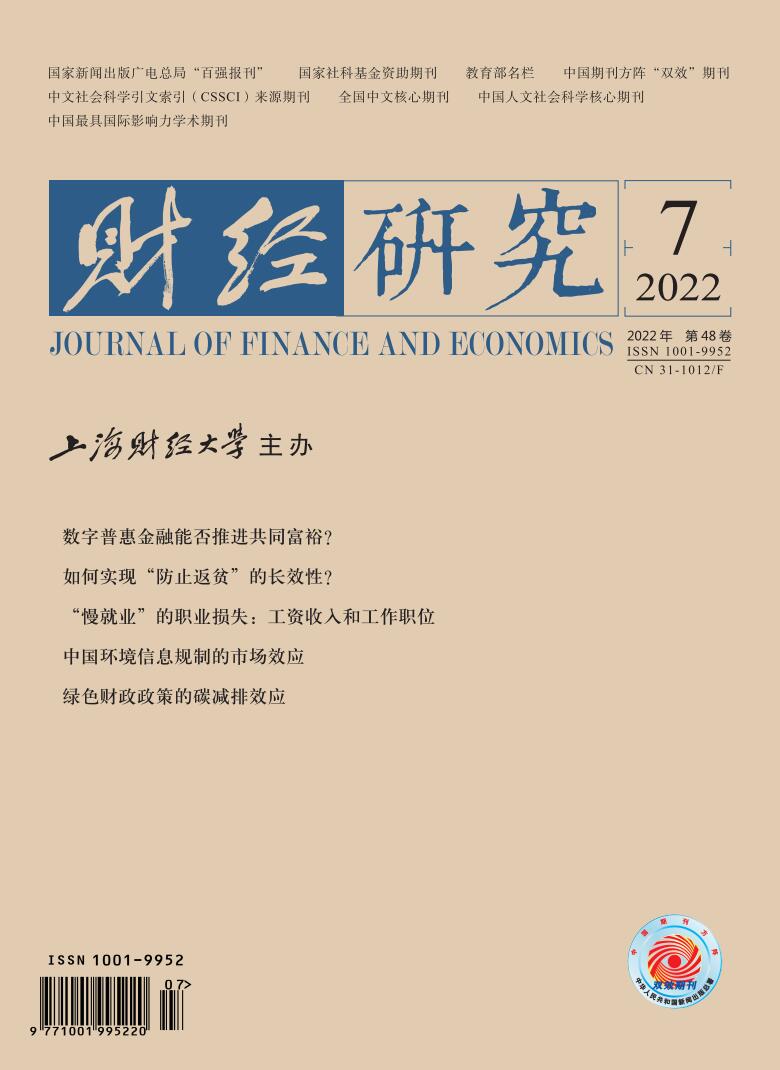In recent years, scholars have explored the motivations for firms to invest in environmental protection from multiple dimensions, including the institutional level, the organizational level, and the managerial level. These studies provide multiple perspectives for understanding corporate environmental investment, but they are mostly based on a static perspective of individual firms, with less attention paid to the interactions between firms. According to the behavioral theory of firms, strategic decision-making is driven by the level of reference points. Because of their common industrialidentity, firms in the same industry are often described as members of the same population or even the same species. The constitutive rules provide organizations with a “frame of comparability”, and conformity to these rules categorizes an organization into referent fields. Therefore, firms have strong motives and opportunities to observe, learn from, and adjust to the behaviors and consequences of their industry peers. Especially, when it comes to corporate social responsibility performance, industry performance is often the minimum standard of corporate legitimacy.
Taking Chinese listed companies from 2010 to 2019 as the research sample, this paper draws the following conclusions: First, when the green performance is below aspiration, firms will increase environmental investment. This conclusion remains robust after selective bias adjustment, PSM testing, and testing for different samples. Second, compared with non-heavily polluting firms, the effect of green performance feedback on corporate environmental investment is stronger in heavy polluting firm. Third, the greater the bankruptcy pressure faced by firms, the weaker the restriction effect of the green performance feedback on corporate environmental investment. Fourth, industry competition plays a certain role in regulating the gap between green performance feedback and corporate environmental investment. Specifically, the higher the degree of industry competition, the stronger the promoting effect of green performance feedback on corporate environmental investment. Further research finds that the impact of green performance feedback on corporate environmental investment is more significant in state-owned firm, while the moderating effect of bankruptcy pressure and industry competition on green performance feedback and corporate environmental investment is more significant in private firm. Moreover, after the release of the “Ambient Air Quality Standards 2012”, the gap of green performance aspiration has a stronger impact on corporate environmental investment. The research provides a new perspective for understanding corporate environmental investment, and has certain theoretical and practical significance.
The theoretical contributions of this paper are as follows: First, most of the existing studies on the motivation of green strategy are based on the perspective of individual firms, but ignore that as a member of a group, a firm’s strategic decisions are inevitably influenced by peer firms. This paper introduces the aspiration theory into the study of corporate environmental investment, especially focusing on the key variable of industry feedback on green performance, which provides a new perspective for understanding the motivation of corporate environmental investment. Second, incorporating green performance, a non-economic performance, into corporate decision-making reference points enriches the relevant research on decision-making reference points in the field of corporate behavior. Most of the current research on the behavioral theory of firms focuses on the performance feedback of economic reference points, while ignoring how non-economic performance feedback affects corporate decision-making. This paper incorporates green performance into decision-making reference points, enriching the relevant research on the behavioral theory of firms.





 4439
4439  3621
3621

